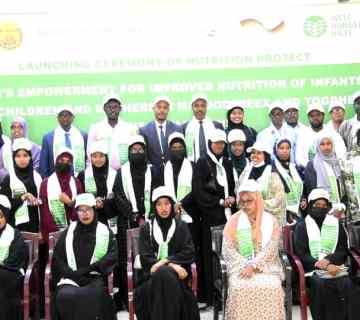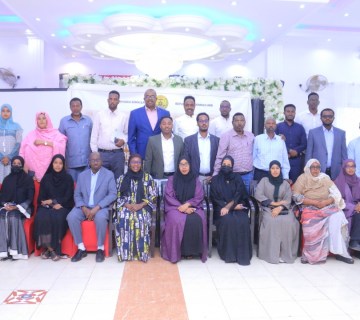Somaliland scaling up nutrition organized two days consultation workshop for establishing academia network for Scaling up nutrition which will play critical role for improving nutrition situation in a country for several ways including.
- Conducting research: Researchers can conduct studies to identify the nutritional needs of different population groups, the prevalence of malnutrition, and the impact of various interventions on nutrition outcomes. This research can help inform policies and programs aimed at improving nutrition.
- Developing interventions: Based on the research findings, researchers can develop and test interventions to address nutrition challenges. For example, they can design nutrition education programs, interventions to improve food access, or interventions to increase consumption of nutrient-rich foods.
- Advocacy: Academia can engage with policymakers and other stakeholders to advocate for policies and programs that support nutrition goals. They can use their research findings to inform policy decisions and raise awareness about the importance of good nutrition.
- Training and education: Nutrition researchers can contribute to training and education programs to build capacity among healthcare providers, policymakers, and the public to improve nutrition. This can include training healthcare providers to identify and address malnutrition, educating the public on healthy eating habits, and training policymakers on evidence-based nutrition policies.
- Collaborating with other sectors: Academia can work with other sectors, such as agriculture, education, and social welfare, to develop comprehensive solutions that address the underlying determinants of malnutrition. For example, collaborations with the agriculture sector can improve food production and access, while collaborations with the education sector can help improve nutrition literacy among the public.





No comment